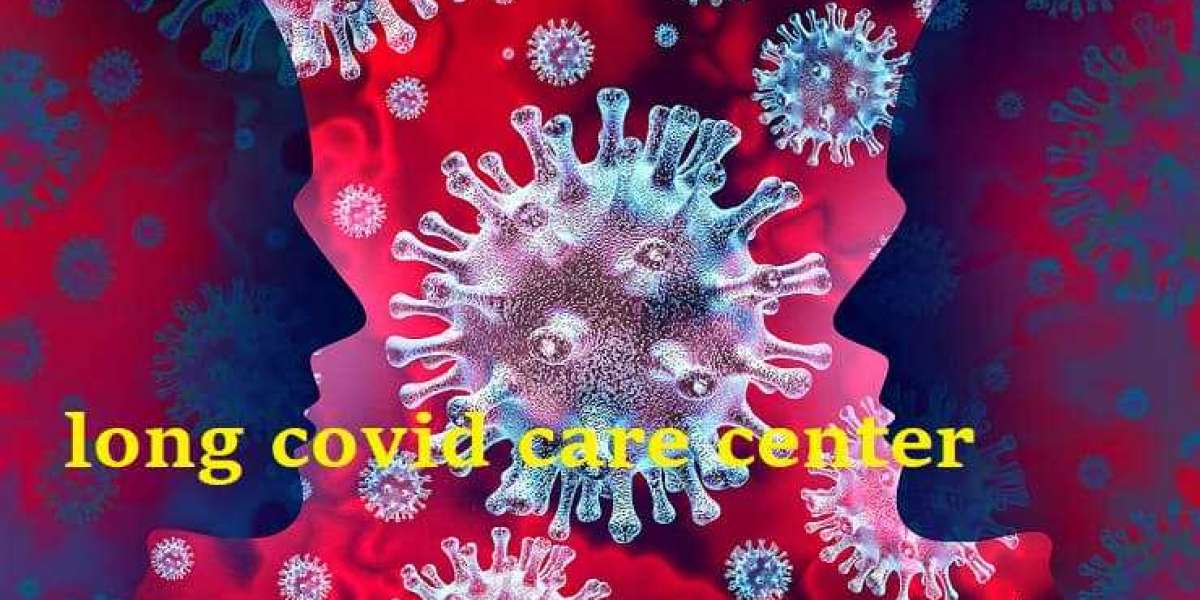A small-scale study conducted by the National Institutes of Health found that a small number of patients with COVID-19 have long-term symptoms of COVID-19, such as post covid brain fog or memory impairment, which may be due to the immune response stimulated by the coronavirus in the human body that leads to cerebrovascular injury. damage.
This research. The research is based on autopsies of the brains of nine people who died of Covid-19, aged 24 to 73. The researchers chose them as the study subjects mainly because scans showed that these people had damaged blood vessels in their brains.
Instead of detecting the coronavirus in the brain, the researchers found that the patient's own antibodies attacked cells lining blood vessels in the brain, causing inflammation and damage. The findings may explain why some people experience after-effects of the virus, including headaches, fatigue, loss of taste and smell, insomnia and brain fog, and may help design new treatments for long-term COVID-19 patients.
Antibodies produced in response to COVID-19 mistarget cells that ward off harmful invasions and allow essential substances into the brain, research has found. Damage to these cells can lead to protein leakage, bleeding and clots, increasing the risk of stroke. This leakage also triggers a type of immune cell that rushes to the brain to repair damage, cause inflammation, and more.
This same immune response is likely to persist in long-term COVID-19 patients, leading to neuronal damage. During recovery from COVID-19, many patients say they experience brain fog. According to the figures given in the research report, about 10% of patients infected with COVID-19 will develop long-term symptoms of COVID-19. At present, the medical community is used to classifying the symptoms of dizziness and tinnitus caused by COVID-19 infection as brain fog long covid.
According to statistics in the research report, up to 60% of long-term COVID-19 patients have some degree of dizziness or vertigo, and up to 30% of patients have some degree of tinnitus. Dizziness, vertigo, and tinnitus, these three symptoms have a very high degree of overlap.
Post-COVID conditions focus on five areas, including respiratory syndrome, cognitive system syndrome, chronic fatigue syndrome, chronic pain syndrome, and psychiatric syndrome, such as prolonged COVID-19 brain fog, which is a cognitive system syndrome. Long-term COVID chronic fatigue is a type of chronic fatigue syndrome.
If you have a history of COVID-19, that is, your previous PCR test was positive, and you did not experience dizziness before contracting COVID-19, but now experience some of the above symptoms of chronic dizziness, you may be affected by Post Covid-19 Dizziness Symptoms troubled.
When a patient reports memory impairment, it is important to determine whether the memory impairment is caused by the COVID-19 infection or whether the COVID-19 infection is making pre-existing symptoms worse. If ischemic or hemorrhagic stroke is observed on functional MRI of the brain, we must consider medical therapy to prevent stroke recurrence.
Perfusion imaging (single photon emission computed tomography) may also be done if the patient is wealthy or if the doctor suspects the diagnosis. Cerebral perfusion imaging, that is, perfusion imaging using CTP and MRP, has become a routine method for examining cerebral blood flow in stroke patients. Although there is still no evidence that perfusion imaging is a necessary test for stroke evaluation, many centers have begun using perfusion imaging to assess cerebral blood flow in patients.
The brain perfusion test can also show the inflammatory response caused by non-specific immunity (innate immunity refers to the body's innate normal physiological defense function, which can make corresponding immune responses to the invasion of various pathogenic microorganisms and foreign bodies), which is characterized by forehead Lobar or temporal lobe hypoperfusion. Although there is no definitive treatment for this problem, some drugs developed for brain blood may help improve the condition.
The specific method to use to treat brain fog depends on the treatment plan for each patient. Therefore, if you are also affected by long covid brain fog, then please consult LongCovidCareCenter in time to get the exact post covid brain fog treatment, and wish you get rid of post covid brain fog as soon as possible.








